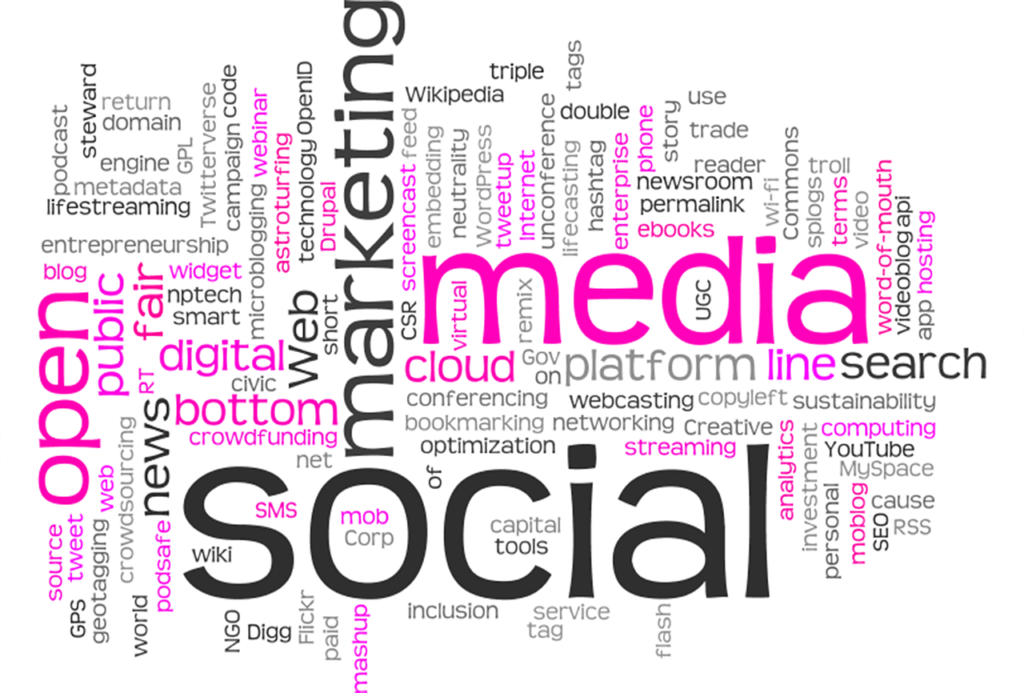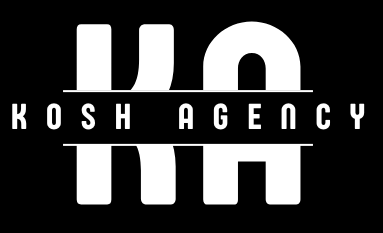
In the ever-evolving landscape of digital marketing, two prominent strategies have emerged as cornerstones for driving online visibility and engagement: Search Engine Optimization (SEO) and Pay-Per-Click (PPC) advertising. Both approaches offer distinct advantages and considerations, making the decision of which strategy to prioritize a crucial one for businesses seeking to maximize their online presence and conversions. This blog post will delve into the intricacies of SEO and PPC, highlighting their differences, benefits, and how to determine the best-suited strategy for your unique business needs.
Understanding SEO and PPC
SEO (Search Engine Optimization):
SEO is the process of optimizing your website’s content and structure to rank higher in organic search engine results. It involves both on-page elements like keyword optimization, quality content creation, meta tags, and technical aspects such as website speed and mobile-friendliness. The goal of SEO is to increase your website’s visibility over time without direct monetary payments for clicks.
PPC (Pay-Per-Click):
PPC, on the other hand, is a form of online advertising where businesses pay a fee each time their ad is clicked. These ads appear at the top of search engine results and are marked as “sponsored.” PPC campaigns can be set up through platforms like Google Ads, allowing businesses to bid on specific keywords related to their offerings. It offers immediate visibility and the potential for targeted traffic.
Benefits of SEO
Long-term Sustainability: SEO is often referred to as an investment that pays off over time. When you implement effective SEO strategies, the improvements you make to your website’s content, structure, and overall user experience gradually increase its authority and credibility in the eyes of search engines. As your website gains trust, it becomes more likely to rank higher in search results for relevant keywords. Unlike Pay-Per-Click (PPC) advertising, where you need to pay for each click, the traffic generated from well-optimized SEO continues to flow without constant financial investment. This sustained flow of organic traffic can result in a consistent stream of leads and conversions, making it a cost-effective long-term strategy.
Credibility and Trust: Organic search results are seen as earned placements, rather than paid ones. Users tend to trust these organic listings more, as they believe that search engines have ranked them based on relevance and quality. When your website appears among the top organic results, it signals to users that your content is valuable and reputable. This organic visibility can contribute to building a positive brand image and fostering trust among your target audience.
Cost Efficiency: While the initial investment in SEO might involve hiring experts, optimizing content, and addressing technical aspects, the ongoing maintenance costs are relatively lower compared to continuous PPC spending. Once your website achieves higher rankings for important keywords, you can attract a steady stream of organic traffic without incurring additional costs for each click. This is in contrast to PPC, where the costs can add up quickly, especially for competitive keywords, and the traffic stops as soon as you stop paying.
Sustainable Growth:
SEO is a strategy that focuses on creating high-quality, relevant content that satisfies user intent. This commitment to user satisfaction leads to sustainable growth over time. As you consistently publish valuable content and optimize your website, you’re more likely to attract loyal visitors who keep returning for your expertise. This kind of sustainable growth helps you build a strong online presence that isn’t solely reliant on paid advertising, giving your business a solid foundation for the future.
Targeted Traffic:
One of the key benefits of SEO is that it attracts highly targeted traffic. When you optimize your content for specific keywords related to your products or services, you’re more likely to attract users who are actively searching for what you offer. This means that the traffic coming to your site through organic search is more likely to convert into leads or customers. SEO allows you to capture users at different stages of the buyer’s journey, from those seeking information to those ready to make a purchase.
Adaptability to Algorithm Changes:
Search engine algorithms are continually evolving to provide users with the best possible search experience. While this can pose challenges for SEO, it also encourages websites to maintain high-quality content and user-friendly experiences. By focusing on these aspects, your website is better prepared to adapt to algorithm updates and changes, ensuring your long-term visibility and relevance in search results.
Benefits of PPC
Instant Visibility: PPC ads provide immediate visibility on search engine results pages, making them a valuable option for time-sensitive promotions or product launches.
Precise Targeting: PPC allows granular targeting based on demographics, location, devices, and even the time of day. This ensures that your ads reach the most relevant audience.
Measurable ROI: With PPC, it’s easy to track conversions and understand the direct impact of your ad spend. This data can help refine your strategy over time.
Determining the Right Strategy for Your Business
Budget: Consider your budget constraints. SEO requires time and patience to see significant results, while PPC requires continuous financial investment.
Goals: Determine your immediate and long-term goals. If you need quick traffic and results, PPC might be more suitable. If you’re aiming for sustained growth, SEO is essential.
Competition: Assess the competitiveness of your industry. If organic rankings are dominated by big players, a well-optimized PPC campaign could help you gain visibility faster.
Keyword Intent: Consider the intent behind keywords. If users are searching for information, SEO is pivotal. If they’re looking to buy, PPC might offer more immediate returns.
Testing: Don’t hesitate to test both strategies. You might find that a combination of SEO and PPC brings the best results.
Conclusion
In the SEO vs. PPC debate, there’s no one-size-fits-all answer. The optimal strategy depends on your business’s unique circumstances, goals, and resources. While SEO offers long-term sustainability and credibility, PPC provides instant visibility and precise targeting. Ideally, a balanced approach that considers both strategies could lead to a comprehensive digital marketing strategy that yields both immediate and sustained success.
